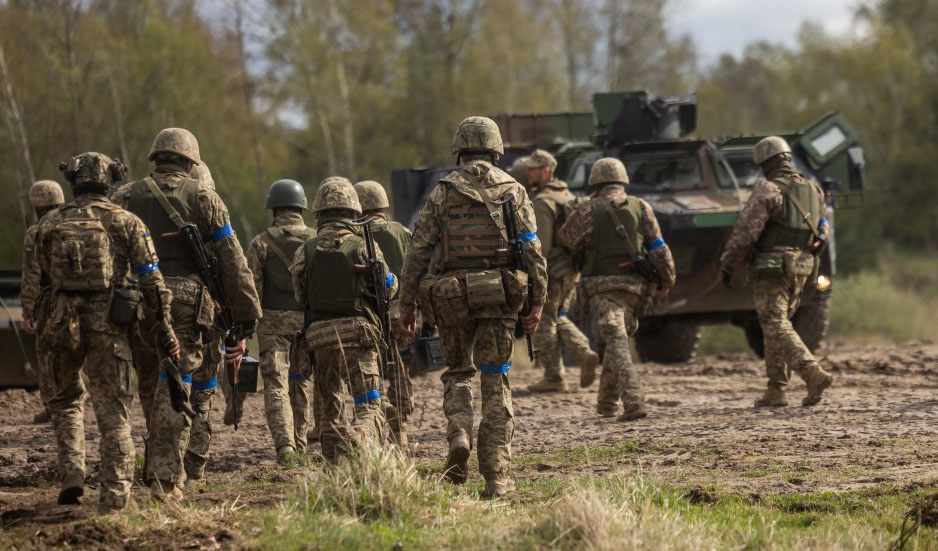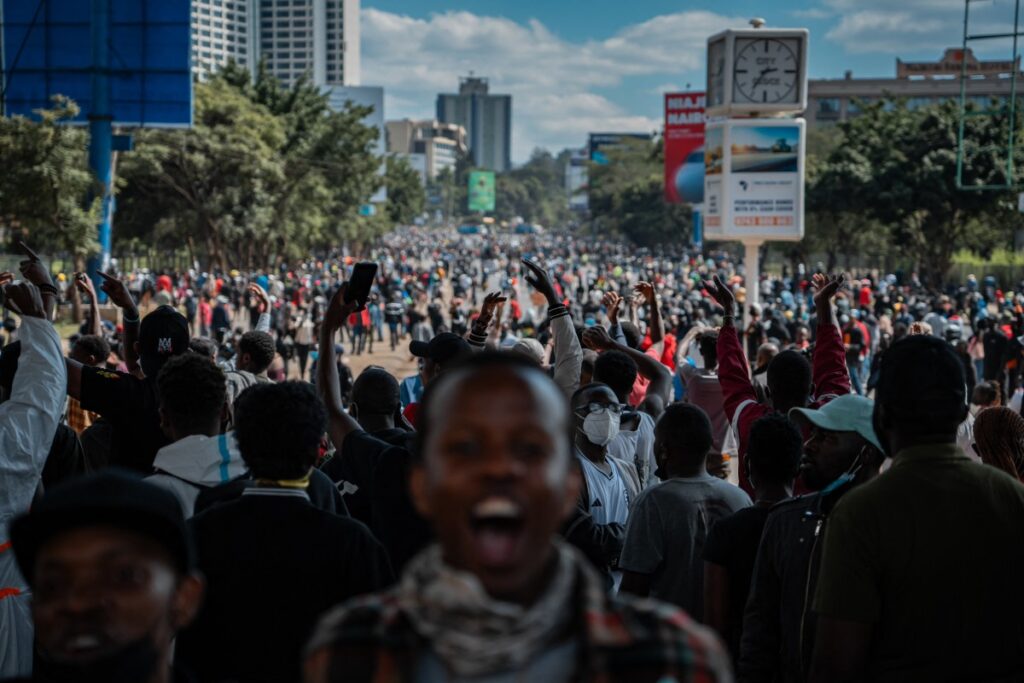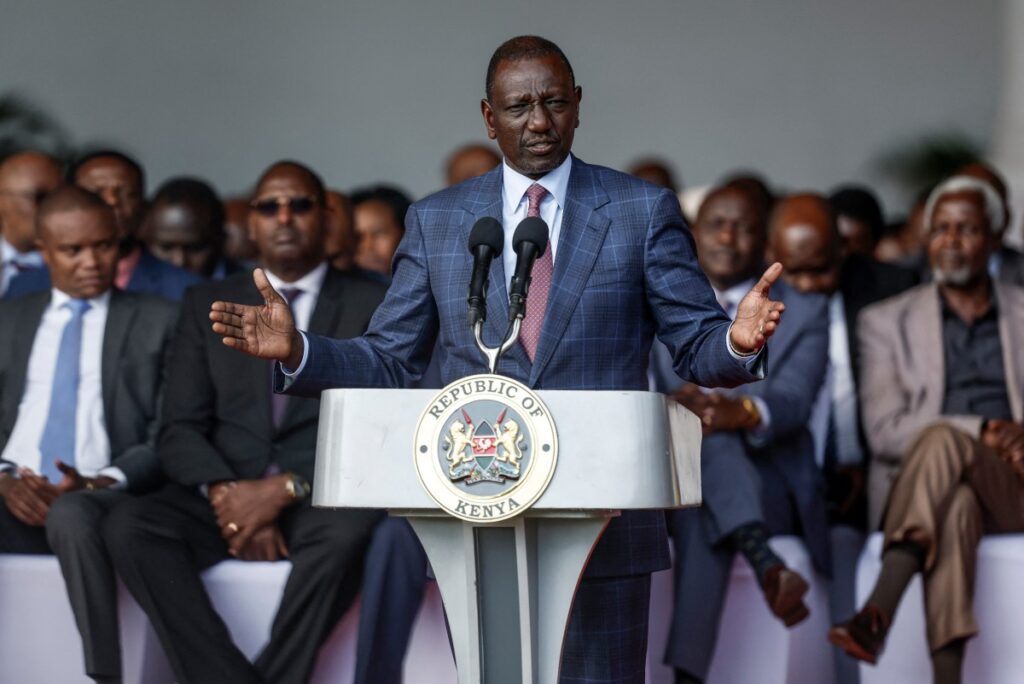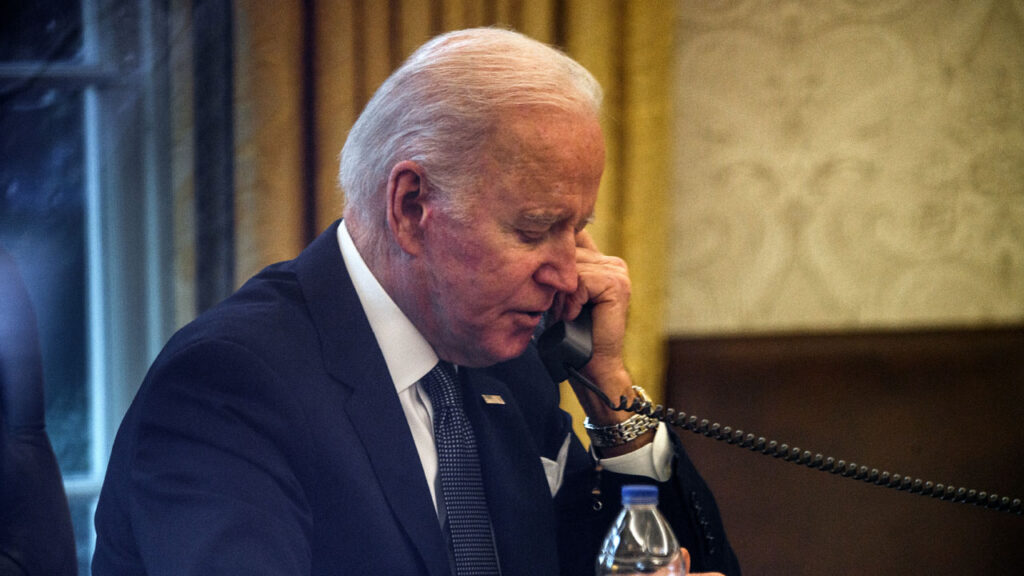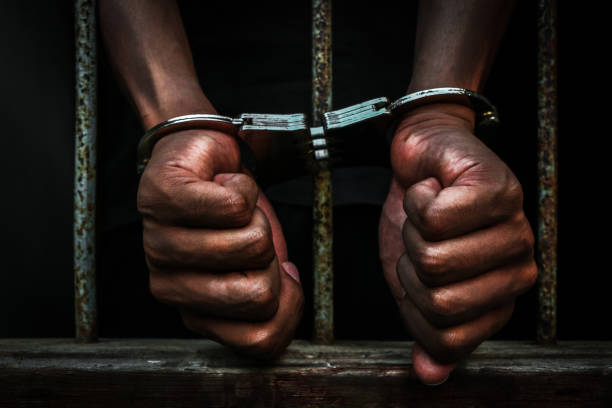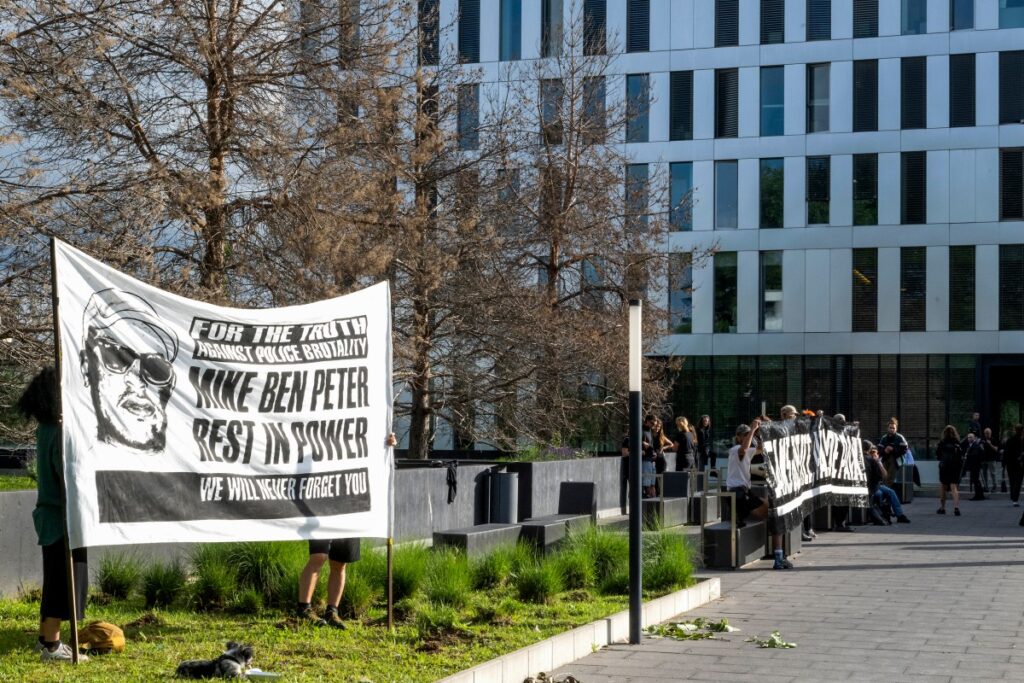American forces would begin a “gradual and responsible transition” in July 2011 conditional on the readiness of Afghanistan’s own police and army to take over the security of their war-battered country, he said.
“U.S. combat forces will start to return from Afghanistan in July 2011. It is not a deadline, despite what some in both the United States and Afghanistan have said,” he told a gathering of senior Afghan officials and mostly Western diplomats.
“Our troops will begin a gradual and responsible transition in 2011, taking into account the conditions on the ground and Afghanistan’s ability to handle its security requirements,” he said.
Meanwhile, six days’ incarceration of a foreign correspondent working for the United Kingdom-based Guardian newspaper and two Afghan journalists in the hands of their abductors ended yesterday in Afghanistan.
Iraqi Ghaith Abdul-Ahad and his two colleagues were captured last week by an armed gang in Kunar province, a mountainous region bordering Pakistan, according to agency accounts.
The Guardian of UK’s website said all three were “exhausted but in good spirits.
President Barack Obama has pledged an extra 30,000 troops to bolster the 71,000 already fighting a Taliban-led insurgency that has become more virulent and deadly in the past year.
In a major speech unveiling a new fast-track war strategy, Obama said the surge would see troops in Afghanistan “seize the initiative” to end the unpopular war and begin pulling out in July 2011.
It was the first time Obama had set a drawdown date for U.S. forces in Afghanistan, as he groped for an exit from a conflict many backers see as similar to Vietnam.
The date has been seized on as a deadline for U.S. withdrawal, though Eikenberry was eager to dispel the impression the America had set an exit date.
Also, House Speaker, Nancy Pelosi, said Wednesday that it’s up to President Barack Obama to persuade reluctant Democrats to fund his Afghanistan troop buildup – his most important foreign policy initiative – because she has no plans to do so herself.
Pelosi’s reluctance to lobby for an Afghan surge appropriation reflects the deep divisions within the Democratic Party over Obama’s decision to send more troops to Afghanistan . That, coupled with lukewarm public support – in the latest Pew Research Center for the People & the Press survey, only 51 percent of the respondents said they support the surge – suggests that support for the administration’s Afghan policy is brittle, at best.
Facing re-election next year, dozens of Democrats in the House of Representatives already oppose additional war funding, and earlier this year, Pelosi, D- Calif. , assured them that they wouldn’t have to vote on another emergency war-spending bill.
U.S. troops are serving with forces from more than 40 NATO countries, which together total more than 113,000. NATO members have pledged up to 7,000 more troops between them, bringing the surge to 37,000.
“Before our force levels begin to decline, U.S. and other NATO troops will powerfully increase, in order to fight alongside Afghan forces until the ANSF (Afghan National Security Forces) are able to handle the security threats they face on their own,” Eikenberry said.
Afghan President Hamid Karzai has welcomed the timeline for the reduction of U.S. forces as an opportunity to build up its security forces and self-sufficiency.
The journalists, the British Broadcasting Corporation (BBC) stated, had been planning to interview militia in what is one of the country’s most dangerous regions.
In a statement, the newspaper said an emergency plan was put in place as soon as it became aware of the situation last Friday.
The journalists spent much of the six days on the move in cold and snowy conditions, surviving on soup, tea and bread, according to the newspaper.
The kidnapping was not publicised to protect the three men, although The Guardian was in regular contact with their families.
The identity of two of the journalists is not being published over fears for their future safety.
However, Alan Rusbridger, editor-in-chief of the newspaper, said: “We’re very relieved that the three hostages have been released. It has been an ordeal for them, and difficult for all involved, including their families.
“The kidnapping is another illustration of the dangers facing journalists trying to report in many difficult parts of the world. We’re delighted the situation has been resolved relatively quickly and that the men are safe.
“While we can’t name them, we would like to thank some particularly brave Afghan colleagues who went to extraordinary lengths to help secure their release.”

